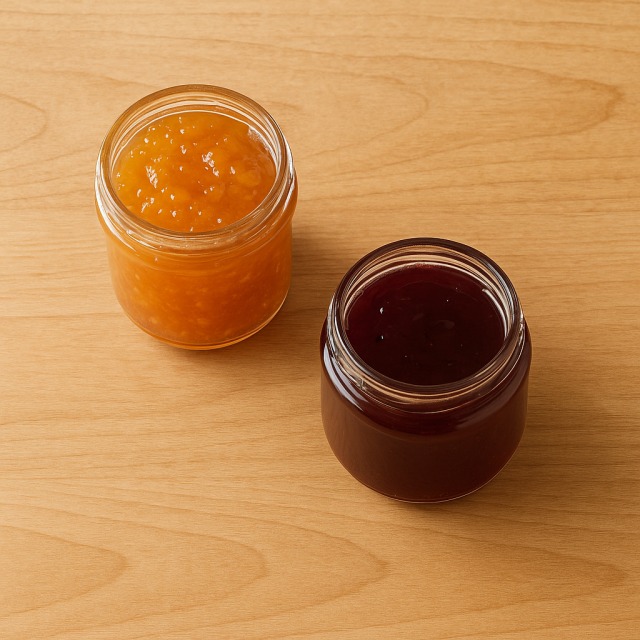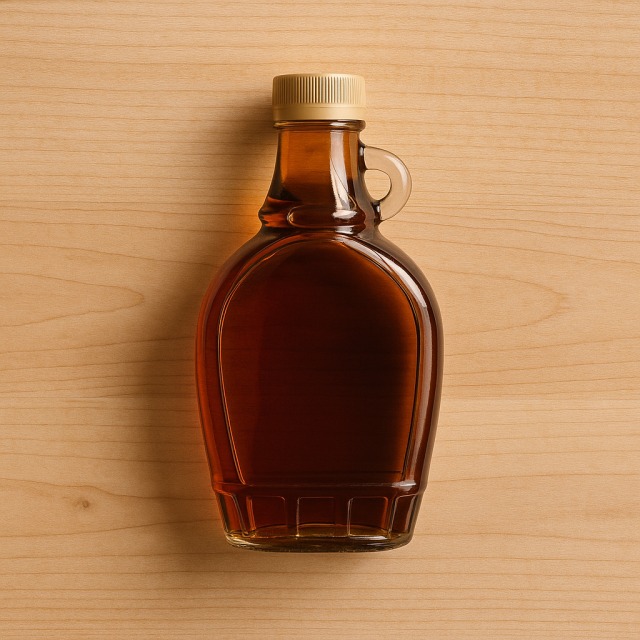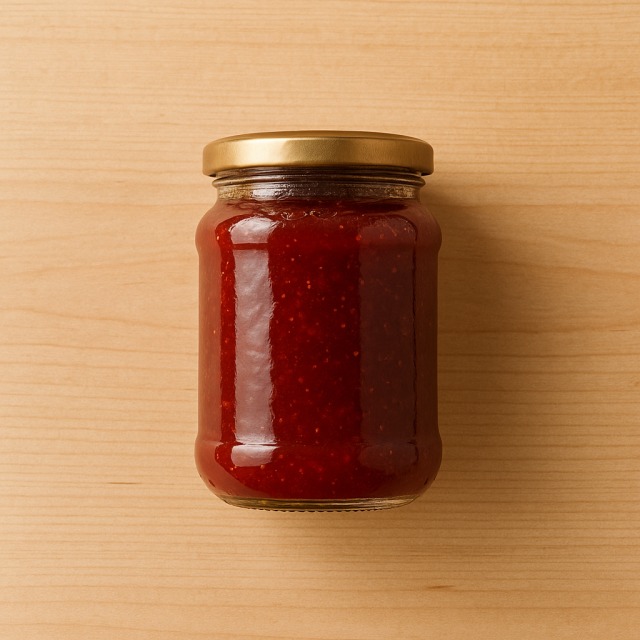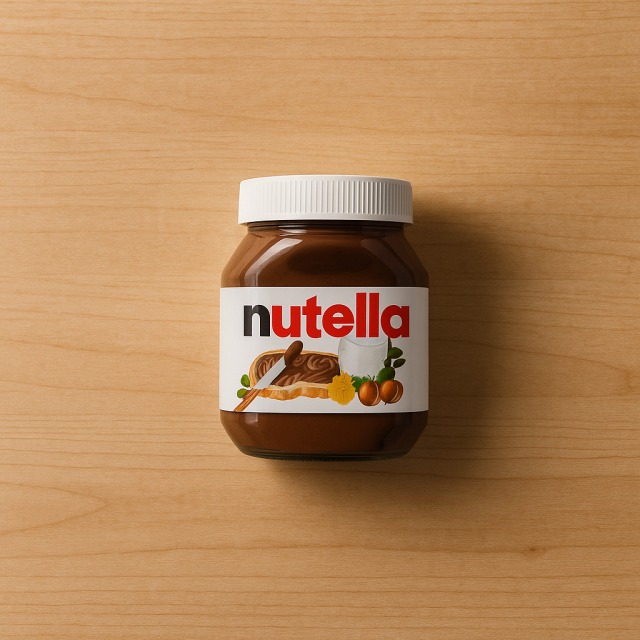Calorie Chart / Breakfast, Snacks / Honey
How Many Calories Are in Honey?
Calculation of the nutritional value & Recommended Dietary Intake of honey
For g and a calorie requirement of kcal
| Calories 46 kcal | Proteins 0.1 g | Lipids 0 g | Carbohydrates 11 g |
| 2% | 0% | 0% | 4% |
Health benefits of honey

Honey - 100g
Calories 308 kcal
Proteins 0.5 g
Lipids 0 g
Carbohydrates 76.5 g
Honey is a natural sweetener that is considered a high-calorie food because of its very concentrated supply of simple carbohydrates. Although it provides virtually no proteins or lipids, it delivers trace amounts of vitamins B2 and B3, as well as minerals such as potassium, calcium, and manganese. Dark varieties also contain polyphenols and flavonoids with antioxidant activity that may help reduce oxidative stress.
Thanks to its low moisture and naturally acidic pH, honey has been used for centuries as a traditional remedy to soothe sore throats and promote wound healing; these benefits remain supposed rather than firmly established by large clinical trials. In sports, its rapidly absorbable sugars can supply quick energy before or during endurance efforts; yet, athletes must still keep an eye on the calories to avoid exceeding daily targets.
The product's rich history dates back to ancient Egypt and Greece, where it was valued as both food and medicine. Whether you are counting calories for weight loss or need fast fuel for performance, knowing that honey offers energy density without significant vitamins makes portion control essential.
Tips for incorporating honey into a balanced diet
Because honey is high in calories, small quantities are enough to add flavor and sweetness to a balanced menu. For breakfast, drizzle one teaspoon over a bowl of plain yogurt and fresh banana slices instead of using larger amounts of sugar or jam. The proteins from yogurt and the fiber from fruit temper the glycemic impact.
Honey also pairs well with savory dishes. A classic honey-mustard vinaigrette can lighten a salad of chicken breast, arugula, and walnut kernels—rich in proteins and good fats—to create a meal that remains moderate in calories while offering varied textures.
If you enjoy baking, replace part of the refined sugar in pancake or muffin batter with honey; you can usually cut 10–15% of the sweetener weight and reduce oven temperature slightly because honey caramelizes faster. This trick lowers empty-calorie intake and adds subtle floral notes.
Finally, endurance athletes can prepare a homemade energy gel: mix one tablespoon of honey with a pinch of salt and a squeeze of lemon. This delivers quick carbohydrates during long runs but still counts toward daily calories, so plan your post-exercise meals of lean salmon or quinoa accordingly.
Frequently Asked Questions
- How many calories are in honey?
- Honey contains 308 kcal per 100 g.
- Is honey better than white sugar for controlling calories?
- Honey has a slightly lower glycemic index and provides trace antioxidants, but its calories are comparable gram for gram to ordinary sugar, so portion size remains critical.
- Can I eat honey on a weight-loss diet?
- Yes, in very small amounts—use a teaspoon (about 10 g, roughly 30 kcal) to sweeten tea or yogurt without adding large numbers of calories.
- Does honey contain any proteins or fats?
- Practically none: about 0.5 g of proteins and 0 g of lipids per 100 g, so the calories come almost entirely from carbohydrates.
- Which athletes benefit most from honey?
- Endurance athletes needing quick energy during long sessions may find honey useful, but they should still track total calories to avoid surplus intake.
Similar foods
Information provided by Calorie Menu may contain inaccuracies or errors. It cannot, under any circumstances, substitute medical advice or medication.










